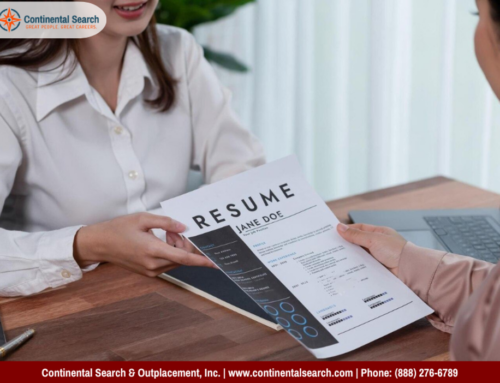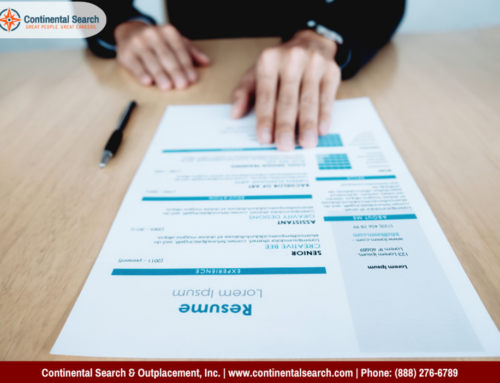There are so many factors playing into an interview. Especially if it’s a face-to-face interview. Your body language during an interview and overall demeanor plays a huge roll in how you present yourself in a work setting.
Question: What do you think are the 2 things on which you should focus during your interview?
Answer:
- Making the interviewers like you and respect what you could do for the company.
- Gathering as much information as possible.
What’s the driving force behind #1? Being liked gets you an offer.
Body Language During an Interview – What’s it mean?
So the way in which you get the interviewers to like you is not just with what you say and how you say it, but also with your visual impression or body language. Specifically, it’s important to convey the image of a person with whom the interviewers would like to work. Enthusiasm, interest level, sincerity, openness, and warmth all go into the chemistry that often makes or breaks a hiring decision.
So—how should you handle this?
As a general rule, be dynamic and friendly, but one notch less than the person interviewing you. Take your cue from them.
Below are some additional tips on how to handle your body language during an interview:
- Smile whenever appropriate, but your facial expressions should change to reflect the mood of the conversation.
- Nodding agreement encourages others to talk, as well as to let them know that you understand what’s being said.
- Keep your head erect and keep your hands away from your face and neck area.
Now for eye contact, which is one of the best aspects of body language. Good eye contact sends a message of trustworthiness, confidence, and credibility while fostering open discussion. Poor eye contact often reflects lack of self-confidence, a low self-image, and a lack of enthusiasm. Maintain 10 seconds of eye contact when you’re first meeting a person before looking away. This will set the tone.
Be dynamic and friendly (in both words and body language), and this will help you to be liked and ultimately, to be offered a new job.
(For more information about successfully preparing for YOUR next interview, download a copy of Dan Simmons’s e-Book, Put Your Best You Forward: Simple Steps to a Successful Interview.)





